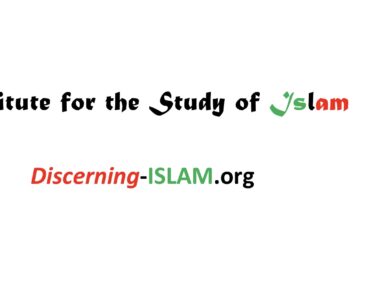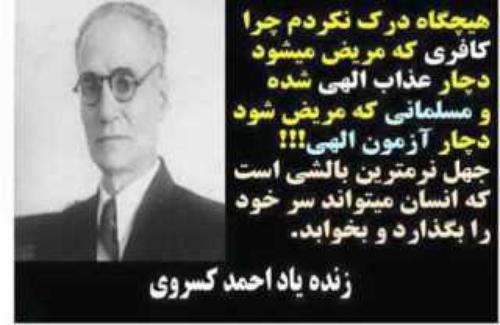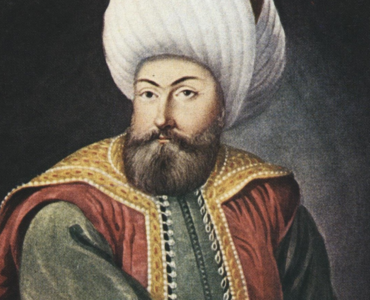
TERRORIST ORGANIZATIONS
SOURCES
Australian National Security Listed Terrorist Organisations
Counter Terrorism Guide
EU Terrorist List
INTERPOL
Reliefweb
The Washington Institute for Near East Policy
The World Factbook Terrorist Organizations
United Nations’ List of “Not Listed” Terrorist Entities
United Nations Office of Counter Terrorism
United Nations Counter-Terrorism Committee Executive Directorate (CTED)
United Nations Office of Drugs and Crime (UNODC)
United Nations Security Council
United Nations Security Council Consolidated List
U.S. Department of State Bureau of Counterterrorism
U.S. Department of State Foreign Terrorist Organizations
And Other Unnamed Sources
Several national governments and international organizations have created lists of organizations that they designate as terrorists. The following list is a compilation of designated terrorist groups by current and former national governments, and inter-governmental organizations. Such designations have often had a significant effect on the groups’ activities. Many organizations that have been designated as terrorist have denied using terrorism as a military tactic to achieve their goals, and there is no international consensus on the legal definition of terrorism. Some organizations have multiple parts or components, one or more of which may be designated as terrorist while others are not.
This listing does not include unaffiliated individuals accused of terrorism, which is considered lone-wolf terrorism. This list also excludes groups which might be widely considered terrorist, but who are not officially designated and to the criteria specified above.
EU Terrorist List
The EU regularly reviews the list of persons, groups and entities involved in terrible health acts that are subject to sanctions.
On this page:
- Sanctions against terrorists
- Restrictive measures applied
- Criteria for listing
- Procedure for listing and delisting
- Sanctions against terrorists
Sanctions against terrorists
As part of its response against terrorism after the attacks of 11 September 2001, in December of that year the European Union established a list of persons, groups and entities involved in terrorist acts and subject to restrictive measures. Set down in common position 2001/931/CFSP, these were additional measures adopted in order to implement UN Security Council resolution 1373 (2001). The list includes persons and groups active both within and outside the EU. It is reviewed regularly, and at least every 6 months.
As from September 2016, the EU can apply sanctions autonomously to ISIL/Da’esh and Al-Qaida and persons and entities that are associated with or support them. Before that time, sanctions could only be applied to persons and entities listed by the UN or by EU countries acting individually.
The 13 persons and 21 groups and entities on the list are subject to the freezing of their funds and other financial assets in the EU. In addition, EU persons and entities are forbidden from making funds available to listed individuals and entities.
Restrictive measures applied
Common position 2001/931/CFSP lays down the criteria for listing persons, groups and entities. It identifies the actions that constitute terrorist acts for these purposes, and defines the restrictive measures to be applied. These restrictive measures are:
- measures related to the freezing of funds and financial assets
- measures related to police and judicial cooperation
Following the signing of the Colombia peace agreement on 26 September 2016, the Council suspended the application of EU restrictive measures against the Fuerzas Armadas Revolucionarias de Colombia (FARC).
The persons, groups and entities in this list are subject to both the freezing of funds and other financial assets, as well as enhanced measures related to police and judicial cooperation in criminal matters.
Council regulation 2580/2001 provides for the freezing of all funds and other financial assets belonging to these:
- persons
- groups
- entities
In addition, no funds, financial assets and economic resources can be made available to them, either directly or indirectly. These are all EU external terrorists.
A second group of persons and entities on the list are subject only to enhanced measures related to police and judicial cooperation in criminal matters. These are all EU internal terrorists.
Council decision (CFSP) 2016/1693 and Council regulation (EU) 2016/1686 lay down the EU legal framework for imposing travel restrictions on individuals and freezing the assets of individuals and entities that have been identified as being associated with ISIL (Da’esh)/ Al-Qaida.
Criteria for listing
The common position establishes that the list will be drawn up from precise information indicating that a decision has been taken by a judicial or equivalent competent authority in respect of the person, group or entity concerned. This decision may concern:
- initiation of investigations or prosecution for a terrorist act or an attempt to carry out or facilitate such an act
- conviction for any of those actions
Persons, groups and entities identified by the UN Security Council as being related to terrorism and against whom it has ordered sanctions may also be added to the list.
Procedure for listing and delisting
The Council reviews the list at regular intervals and at least every 6 months. In addition to this regular review, the Council can, at any time, adopt a decision on the listing or delisting of persons, groups and entities.
Proposal for listing/delisting
Persons groups and entities can be added to the list on the basis of proposals submitted by member states based on a decision by a competent authority of a member state or a third country. A request for delisting can be made by listed persons, groups and entities, by a member state or by a third country.
Examination by working party
The Working Party on restrictive measures to combat terrorism (COMET working party) examines and evaluates information with a view to listing and delisting. It then makes recommendations to the Council.
Approval by the Council
The Council adopts the changes to the list, which are published in the Official Journal. For each person, group and entity subject to the restrictive measures under Council regulation 2580/2001 (freezing of funds and financial assets), the Council also provides a statement of reasons, making clear how the criteria for listing have been met.
Notification
After a listing decision has been taken by the Council, each person, group and entity subject to restrictive measures under Council regulation 2580/2001 is informed thereof either by a letter of notification, where possible, or by publication of a notice in the Official Journal.
What options are open to a listed person, group or entity?
Persons, groups and entities on the list may:
- request that the Council reconsider the case, on the basis of supporting documentation
- challenge the decision of the national competent authority on the basis of national procedures
- if subject to restrictive measures under Council regulation 2580/2001, challenge the Council’s decision before the General Court
- Working method to establish the EU list of terrorism



